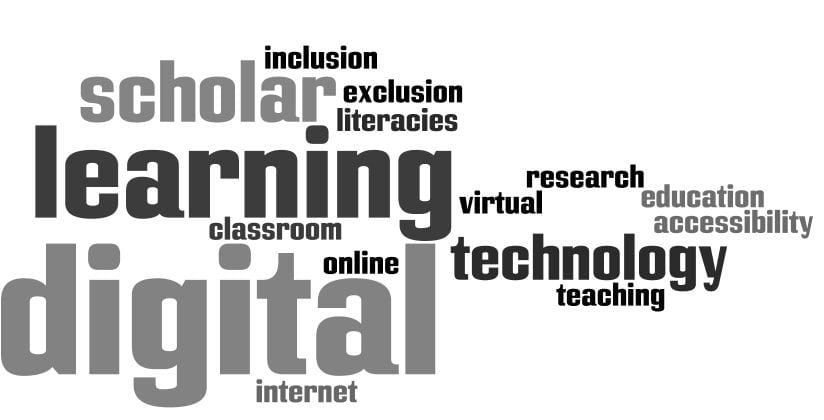The purpose of this site area is to support digital scholarship across the institution.
Originating in CERD (Centre for Educational Research and Development) Digital Scholarship will examine those areas where the internet is challenging and changing higher education in the 21st century. The site will signpost resources and provide a platform for discussion and debate around institutionally supported tools for learning, such as Blackboard, as well as the affordances of externally hosted technologies for teaching, learning and research. Open academic practice and support for the appropriate digital literacies for employability and professional development will also be addressed.
Technology for Teaching: Digital Scholarship is one of the strands of Student as Producer; the organising principle for teaching and learning at the university of Lincoln. Research engaged teaching implies a change in the relationship between tutor and student. This changing relationship and the emergence of the concept of Digital Scholarship can be facilitated by Web 2.0 technologies in that they embed the following characteristics:
- Identity – a way of uniquely identifying users in the system
- Messaging – a synchronous way of communicating online in real time
- Relationships – a way of describing how users within the system are related
- to one another
- Communities – a way of forming groups with a common interest
- Reputation – a way of knowing the status other users in the system.
Tutors can demonstrate their use of technologies in teaching by the ways in which they use Blackboard and other web-based technologies, as well as other methods of enabling digitialised scholarship and collaboration between tutors and students. These might include the use of online tutorials, and the embedding of information and resource learning objects in the teaching process. Research – engaged teaching and learning is not dependent on technology, but rather on the quality of the relationship between student and teacher. In this context technology is regarded as an enabler rather than an essential ingredient of the teaching and learning process, facilitating an engaging intellectual relationship between students and staff (from Student As Producer User Guide)

